A Cover Letter Doesn’t Need to Be Intimidating
Post Views 12Summary: Cover letters are a vital part of a resume when trying to display to potential employers that you are qualified and worth the time to interview.
Writing a cover letter can be the most daunting and terrifying part of applying for a job. We are constantly told how the cover letter can make it or break it for a potential candidate. That added pressure doesn’t make the cover letter any easier to write. The easiest way to look at a cover letter is to view it as your resume in a narrative form with a sales pitch twist.
Before you start typing away, review and highlight the job description for key phrases that resonate with your qualifications. Be sure to use these phrases in the body paragraphs of your cover letter. Conduct research on the company you are looking to apply to by studying the mission statement, leadership, and training resources.
Here are more cover letter resources to help you write a great cover letter:
How to Write an Effective Cover Letter
How to Write a Winning Cover Letter
Make Your Cover Letters Relevant and Brief
The Cover Letter: First Impressions are Everything!
Start the cover letter by personally addressing it to the hiring manager who will be reading it. If you don’t know then find out. Going the extra step to find the name of the individual will go a long way to make you stand out as a hard worker that takes initiative.
The first paragraph should immediately state what position you are applying for and a quick summary of why. If a current employee personally referred you then this is the place to name drop. Explain how the position fits in with your short-term goals and how you personally connect with the organization. Finish the paragraph by introducing the next paragraph.
The middle paragraphs should be an example or two of your experiences that connect with the job requirements. If you don’t have direct experiences, then draw parallels with something that is similar. Expound upon any skills or knowledge that are transferable to the position.
The closing paragraph is a synopsis of why you are qualified for the job and can contribute to the company. Be enthusiastic as you ask for an interview and explain that you will follow up shortly by email or phone. Close with sincerely and type your full name. If you are hand delivering or mailing in the cover letter, then also sign your name. You can include your phone and email again under your name for convenience.
It is important that you never make up experience when you have none or that you know current employees if you don’t. If it is discovered that you have lied, and most likely it will be, there will be consequences. Read and re-read your cover letter to check for grammar mistakes. A cover letter that is littered with grammatical problems will be discarded. Keep your cover letter concise and to the point, never going over a page.
Photo from: wikihow.com
A Cover Letter Doesn’t Need to Be Intimidating by Amanda Griffin


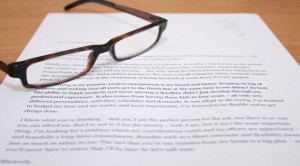
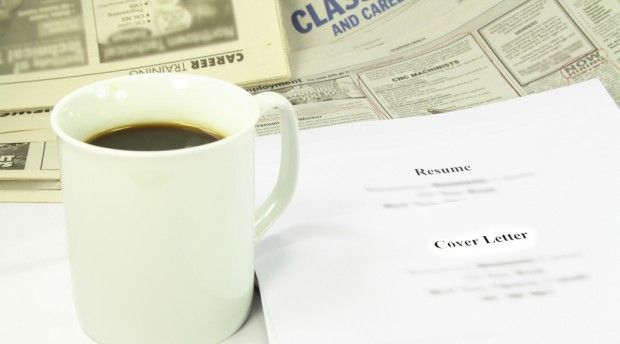 Build a Cover Letter Fit for the Job
Build a Cover Letter Fit for the Job 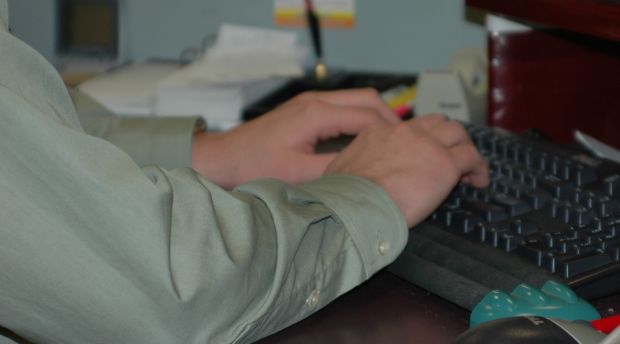 Action Verbs to Enhance Your Résumé
Action Verbs to Enhance Your Résumé  “I Can Take Away Your Pain”
“I Can Take Away Your Pain”  Resume Secrets to Give Yourself a Fighting Chance
Resume Secrets to Give Yourself a Fighting Chance  How Can I Write a Resume When I Have Nothing to Put on It?
How Can I Write a Resume When I Have Nothing to Put on It? 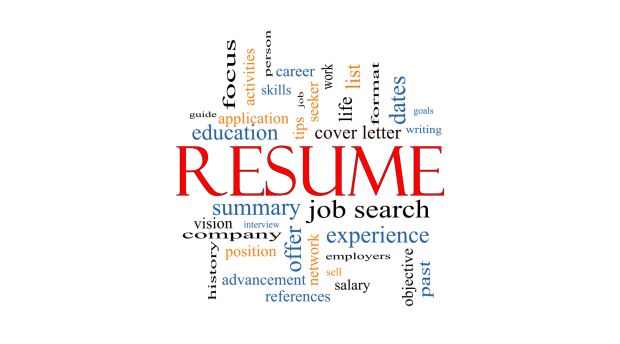 How to Create a Resume as a College Student
How to Create a Resume as a College Student 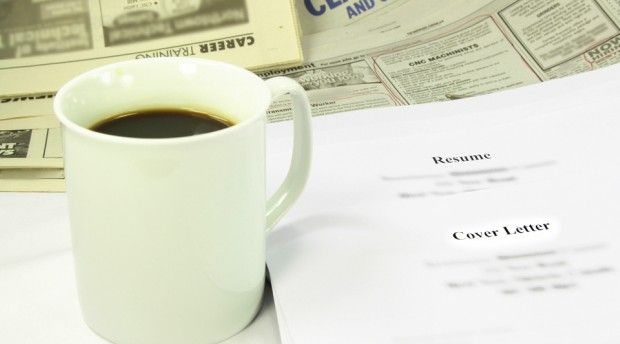 13 Tips to Make Your Cover Letter Better
13 Tips to Make Your Cover Letter Better 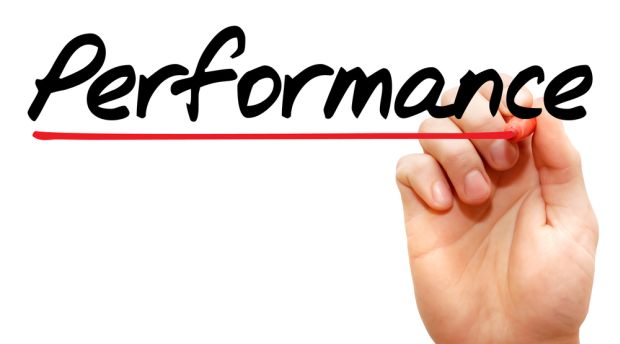 How to Create a Performance-based Resume
How to Create a Performance-based Resume